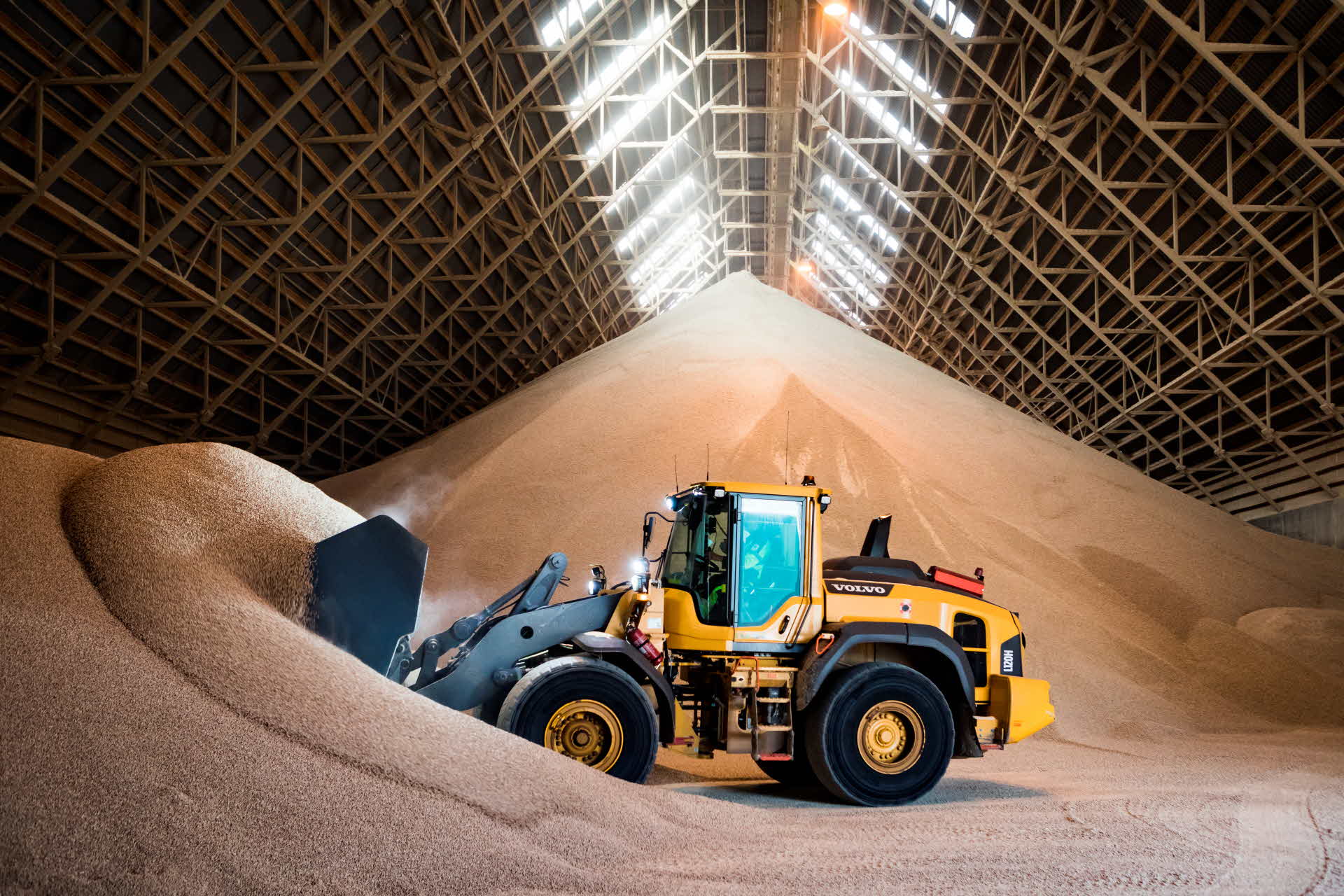
Bioenergy makes value chains more sustainable
- News
- Sustainability
- Company news
Bioenergy is the largest energy source in Sweden today and forms the foundation for a Swedish energy system with low environmental and climate impact. During the spring, SCA increased its production of fossil-free energy with a pellet plant at its Rundvik sawmill. SCA now produces around 300,000 tonnes of pellets annually. Burning these pellets instead of fossil fuel creates a climate benefit of just under 400,000 tonnes of carbon dioxide a year.
Stefan Rönnqvist, Head of SCA's biofuel operations, says that Sweden as a country has made considerable investment in bioenergy as a key part of its energy system. This means that it is possible to supply fossil-free and climate-smart energy for heat production, in everything from individual boilers to large-scale production of district heating, electricity production in cogeneration plants and industrial processing.
“It’s climate-smart and resource-efficient to use byproducts from managed forests as fuel, directly from the forest or processed into pellets. Biofuels are of considerable climate benefit when they replace fossil energy. It’s also independent of gas and oil supplies from, for example, Russia, which of course is especially valuable,” says Rönnqvist.
During the spring, SCA completed an investment project at its Rundvik (Västerbotten County) sawmill that will make it possible to produce pellets there. The investment broadens and strengthens the Vercammen facility and contributes to making the company’s entire value chain even more sustainable.
With the new facility, Rundvik will produce between 25,000 and 30,000 tonnes of pellets annually. In practice, this will mean that it will be possible to turn all wood chip that is currently generated from the planer into fossil-free fuel directly on site instead of being transported for processing.
Pellets produced at Rundvik will be sold on the local market and used at our Obbola papermill just outside Umeå. Using pellets at Obbola also shortens the transport chain to Obbola by at least 110,000 kilometers a year. A reduction that corresponds to roughly 115 tonnes of carbon dioxide a year.
Susanne Rutqvist, Product Manager Containerboard at SCA Obbola, SCA Munksund and responsible for heading SCA’s climate work, believes that the investment is a good example of enhanced sustainability in the value chain.
“There are several layers of benefits that work together for businesses and climate benefit. It’s good for our operations at Rundvik, strengthens Obbola’s work on a fossil-free value chain, and saves on transport when the raw material is used more efficiently,” explains Rutqvist.
Overall, with the expansion at Rundvik, SCA produces approximately 300,000 tonnes of climate-smart pellets every year. This is a volume that displaces fossil energy use and, when burned, creates a climate benefit of approximately 400,000 tonnes of carbon dioxide each year.
“The forest’s raw materials are fantastic like that. The more sawn products, which provide long-term carbon storage in, for example, buildings, that we produce, the greater the by streams and from these it is possible to create other climate-smart products that replace oil and gas. It’s an excellent example of how business benefit goes hand-in-hand with climate benefit,” says Rutqvist.
Photo: Michael Engman